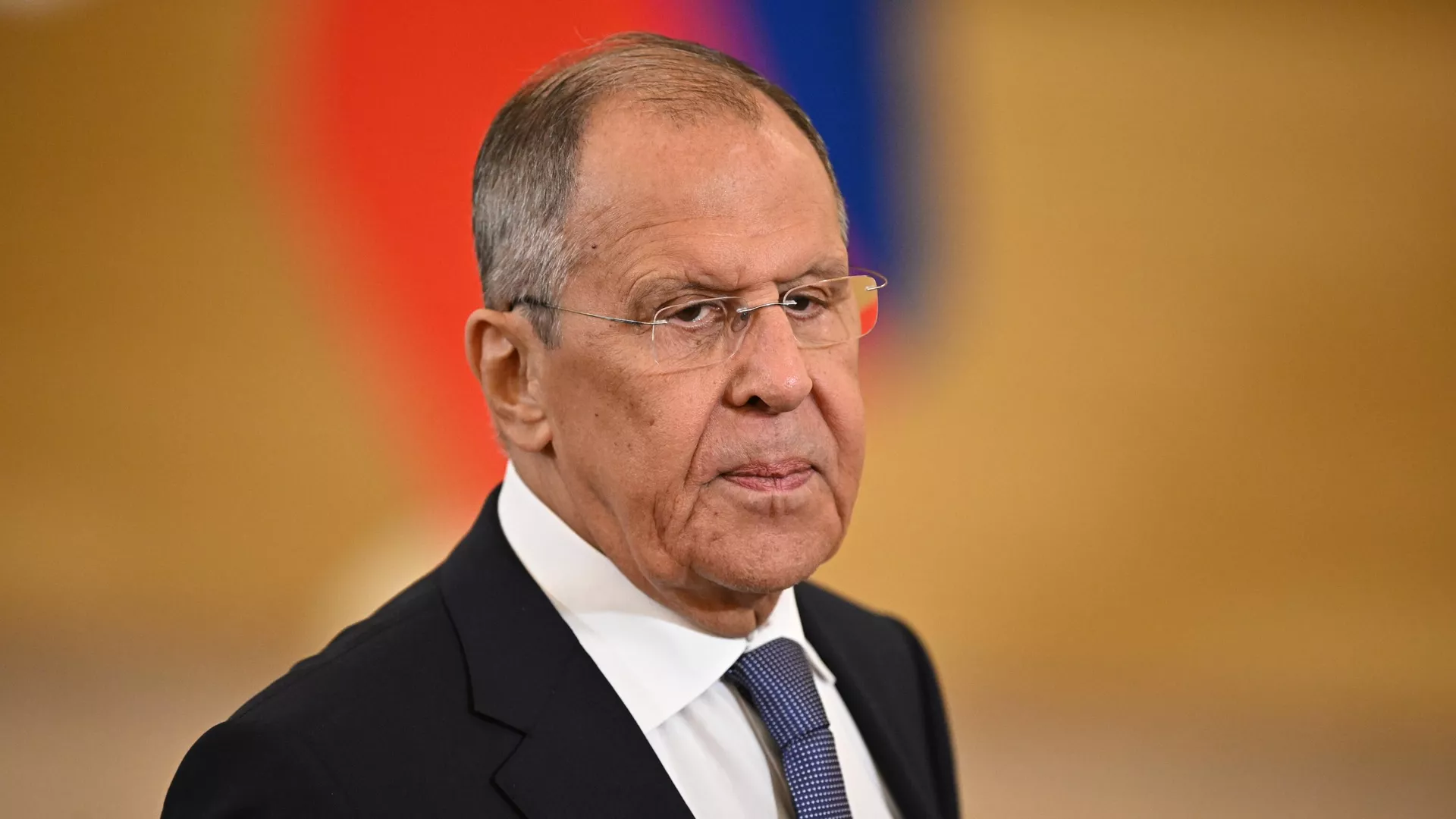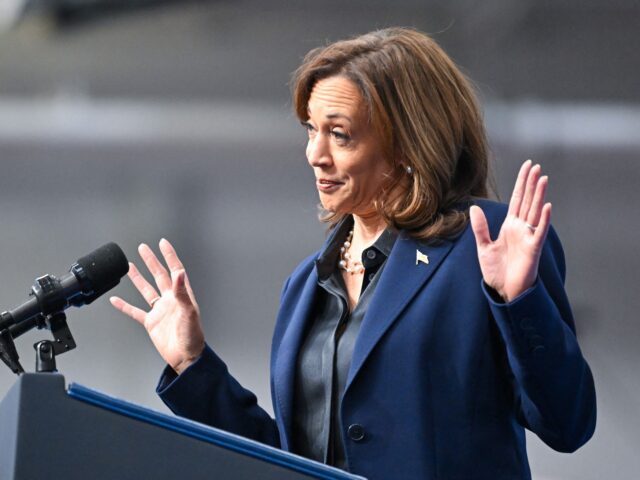by Stephen Karganovic, Strategic Culture:

Throughout the decades of the Cold War, whilst the blocs were competing, two major attractions worked powerfully to the advantage of the West. Firstly, the comfort and prosperity that it was able to provide to its citizens, which its Eastern rivals could hardly match. The second feature that in the eyes of the world gave the West a huge competitive edge was the comparatively better performance of its institutions in securing individual liberties.
The twin advantages of prosperity and the impression that the West valued freedom neutralised successfully most of the theoretical critique of the capitalist social and economic model. The West’s ostensible commitment to personal liberties acted as a powerful magnet. As a political weapon it thus served its purpose effectively. So long as scrupulous adherence to the rule of law and respect for individual rights were seen as their distinguishing characteristic, Western societies were perceived as a desirable alternative to the competing systems, which often disregarded strict legality and did little to reduce arbitrariness.
 I’ve often suggested that our media functions as a powerful tool of mind-control, not too dissimilar from what might be found in the plotlines of classic science fiction. After spending weeks or months immersed in such a controlling narrative, thinking independent thoughts let alone completely breaking free becomes a very difficult undertaking. For most individuals, the whisper in the back of their skulls overwhelms their logical reasoning, while their emotional reactions are turned on or off as if by a switch.
I’ve often suggested that our media functions as a powerful tool of mind-control, not too dissimilar from what might be found in the plotlines of classic science fiction. After spending weeks or months immersed in such a controlling narrative, thinking independent thoughts let alone completely breaking free becomes a very difficult undertaking. For most individuals, the whisper in the back of their skulls overwhelms their logical reasoning, while their emotional reactions are turned on or off as if by a switch.




 “I’m not doing this s–t again … four years of hell,” one agent told the New York Post. The anonymous agent is nearing retirement, as are many of his colleagues who are all in agreement that will only stay on the job if Trump is elected. These men and women tasked with keeping our nation safe have been forced to turn their backs on the nation and passively watch as MILLIONS of people from throughout the world easily cross into America.
“I’m not doing this s–t again … four years of hell,” one agent told the New York Post. The anonymous agent is nearing retirement, as are many of his colleagues who are all in agreement that will only stay on the job if Trump is elected. These men and women tasked with keeping our nation safe have been forced to turn their backs on the nation and passively watch as MILLIONS of people from throughout the world easily cross into America.




